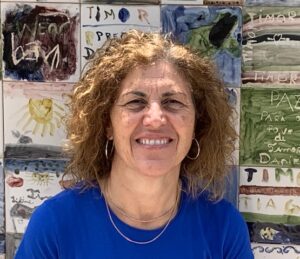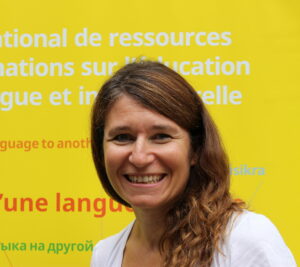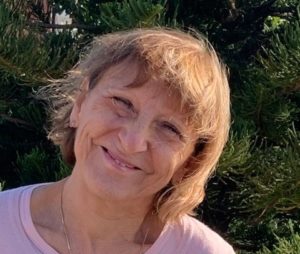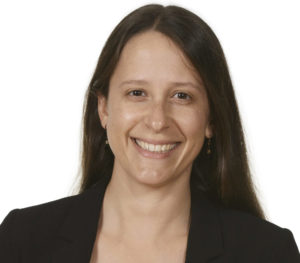Would you like to host a Multilingual Kamishibai Competition in your own territory?
Join KAMILALA network !
Our goal is to create an international community focused on a common inclusive educational project to answer several challenges:
- Reinforce the relevance and visibility of education open to linguistic and cultural diversty
- Support a cross-curricular project which helps reading and writing, the arts and the discovery of a diversity of languages and cultures
- Develop the needed psycho-social skills for 21st century school: empathy, curiosity, open-mindedness, tolerance.
Portraits of the kami-nities
Project leader, Portugal : Rosa Faneca
Research-professor
University of Aveiro (Portugal)
Department of Education and Psychology
Plurilingual Kamishibaï Contest since 2018
Extract from an interview with Delphine Leroy on February 14, 2020 in Aosta, within the framework of the Erasmus+ Kamilala project
Project leader, France : Anna Stevanato
Director
Dulala (D’Une Langue A L’Autre)
Association based in Montreuil (France) at the origin of the Kamilala network
Plurilingual Kamishibaï Contest since 2015
Extract from an interview with Delphine Leroy on May 18th, 2021 in Montreuil within the framework of the Erasmus+ Kamilala project
Project leader, Italy : Gabriella Vernetto
Regional inspector of education for plurilingualism
Aosta Valley Region (Italy)
Plurilingual Kamishibaï Contest since 2018
Extract from an interview with Delphine Leroy on February 15th, 2020 in Aosta within the framework of the Erasmus+ Kamilala project
Assistant Professor
Université de LavalPlurilingual Kamishibaï Contest since 2018
Extract from an interview with Delphine Leroy on June 25th, 2021, via video-conference, within the framework of the Erasmus+ Kamilala project




